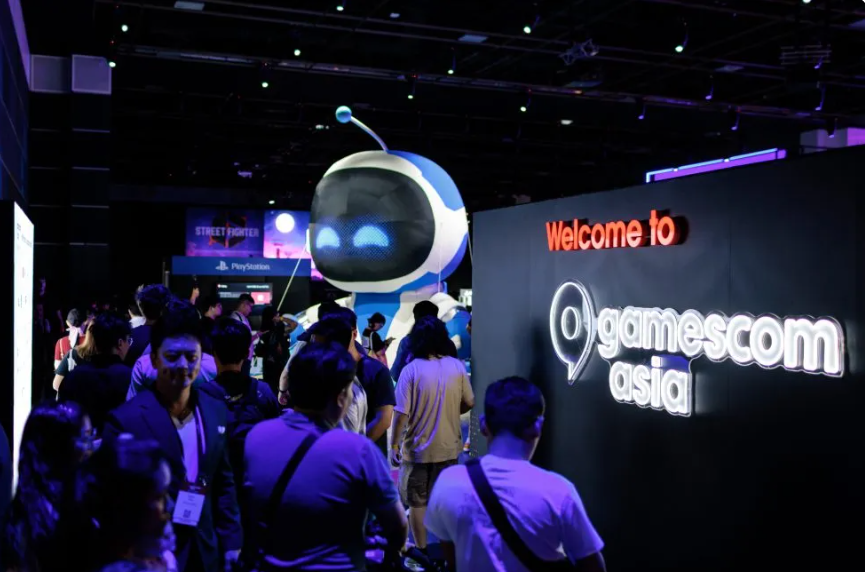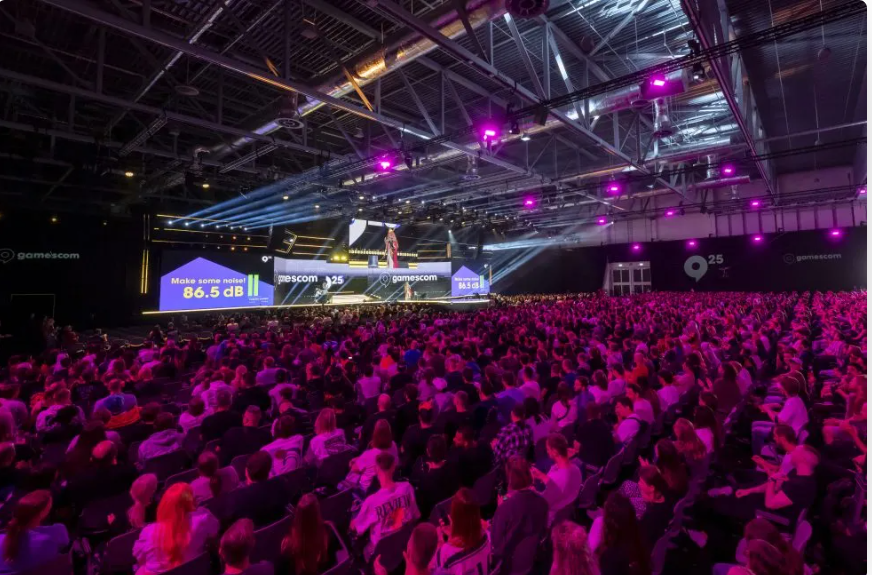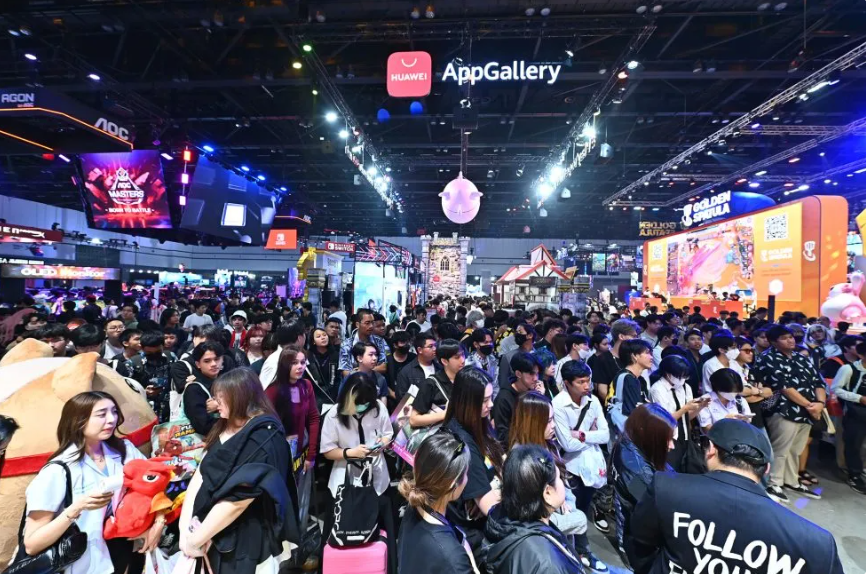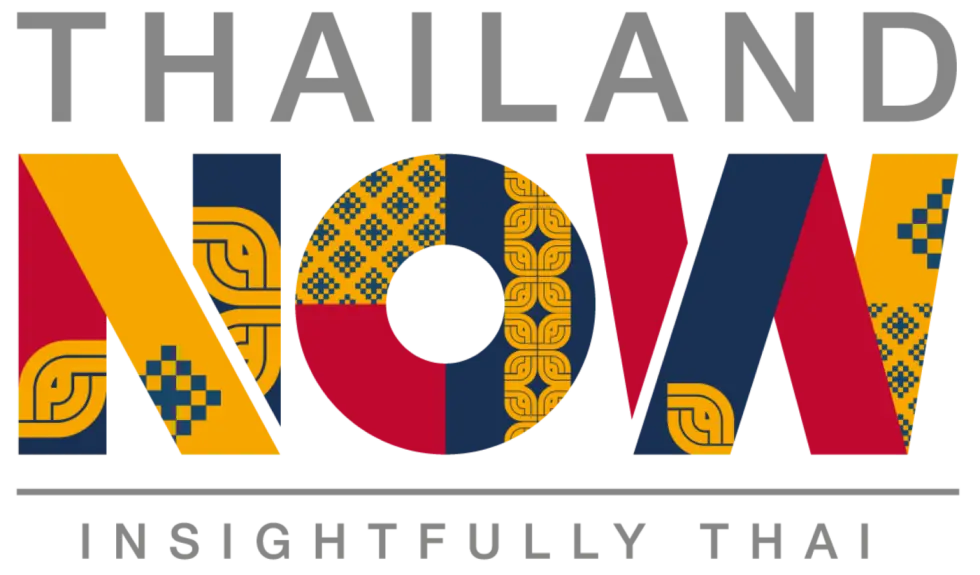Thailand Levels Up: Gaming Industry on the Global Stage
Thailand Levels Up: Gaming Industry on the Global Stage
วันที่นำเข้าข้อมูล 8 ก.ย. 2568
วันที่ปรับปรุงข้อมูล 8 ก.ย. 2568
The global gaming industry is in the middle of a shakeup. Western studios are struggling to keep momentum, while developers in Asia are pushing out blockbuster titles like “Black Myth: Wukong,” “Marvel Rivals,” and “Stellar Blade.” Into this moment steps Thailand, determined to show that it’s, in fact, also a rising hub for making them.
That ambition was on full display at Gamescom 2025 in Cologne, Germany, one of the world’s biggest gaming events. For the first time, Thailand joined as an official partner country, setting up the Thailand Pavilion and showcasing 15 studios ranging from indie outfits like Bit Egg and Fourteen Rain Studio to established names like Yggdrazil Group.
Visitors tried out Thai games. But also, they were treated to a spread of Thai food, from basil stir-fry to mango sticky rice, in a clever blend of cultural and creative export.
Government officials framed the moment as beyond just a marketing exercise. Prime Minister’s Office Minister Jiraporn Sinthuprai described it as “building a bridge for long-term relations between Europe and Asia.”
That bridge is already extending eastward: after four years in Singapore, Gamescom Asia is moving to Bangkok this October, where it will combine forces with the long-running Thailand Game Show.
The biggest gaming event Southeast Asia has ever seen

From October 16th to 19th, 2025, the Gamescom Asia x Thailand Game Show will take over Queen Sirikit National Convention Center. The first couple of days (October 16th-17th) are reserved for industry networking, while the last three days (October 17th-19th) are open to the public. Organizers are billing it as the largest B2B2C platform for gaming in Southeast Asia, making it essentially a playground for both fans and professionals.
On the entertainment side, the event will showcase everything from blockbuster releases to esports tournaments, hardware demos, and board games. Indie developers get a dedicated spotlight with up to 80 playable titles, a pitching competition, and awards. Thai fans can also expect a Cosplay Contest with THB300,000 in prizes, meet-and-greets with creators, and live performances. This year’s theme song even has pop flair: composed by Aem Atchariya and performed by Jannine “Ploychompoo” Weigel live on the Main Stage.
The business side is just as ambitious. Industry players will find international country pavilions, free presentations, and a conference featuring sessions on localization, emerging tech, and development trends. Publishers and investors can mingle in the Invest Circle and VIP Mixer or hear pitches directly from studios through a competition produced with Agora Gaming Partners. Meanwhile, the Gamescom Biz app offers an always-on networking tool for attendees to schedule meetings and strike deals.
The rapid rise of Thai gaming

The decision to relocate Gamescom Asia to Bangkok might sound sudden to outsiders, but the numbers explain why. In 2019, Thai developers had just 26 titles on the global Steam platform. By 2024, that figure had jumped sixfold to 158, making Thailand the second-largest source of games in Southeast Asia, behind only Indonesia.
The domestic market is growing just as quickly. Thailand’s gaming sector was worth US$1.3 billion in 2023 and US$1.5 billion in 2024. Analysts project it will reach US$3.1 billion by 2033, with a compound annual growth rate of 8.28 percent. Esports is part of the story too, now officially recognized and woven into national tournaments and professional leagues.
Behind these numbers is a steady stream of government and industry support. The Thailand International Game Showcase (TGIS2025), hosted by the Ministry of Culture, featured seven themed zones ranging from developer meetups to cosplay competitions and university projects. The Bangkok International Digital Content Festival (BIDC 2025) expanded the scope further, covering games, animation, and visual effects with 200 international companies, 100,000 attendees, and business deals worth more than THB2 billion. And the Thailand Game Festival (TGF 2025), organized by the Thai Game Software Industry Association, doubled as both a pitching competition and a skills workshop, with the National Innovation Agency offering grants of up to THB5 million to support development.
Together, these events illustrate how gaming has been folded into Thailand’s broader “soft power” agenda. Developers are encouraged not only to make fun games but also to weave in Thai identity and storytelling that can resonate globally — a strategy meant to push beyond stereotypes and put Thai games on the world map.
What’s next for Thailand’s gaming hub

Thailand’s gaming industry has momentum, but keeping it will require more than just hosting flashy events. The opportunities are clear: strong government backing, a deep esports culture, thriving indie studios, and growth in mobile and cloud gaming. At the same time, challenges remain. Thai studios will need to scale up to compete with larger markets like Indonesia, Korea, and China, while also ensuring that “Thai identity” in games is represented authentically, not as a gimmick.
Still, the trajectory is hard to miss. With Gamescom Asia relocating to Bangkok, Thailand has gone from being an enthusiastic participant in the global gaming industry to being one of its regional hosts. For fans, it means more access to world-class events. For developers, it means more funding and international exposure. And for policymakers, it cements gaming as part of the country’s creative economy.
The next blockbuster that shakes up Steam or PlayStation could just as easily come stamped with a “Made in Thailand” label. Imagine that.
Thailand Business Information Center in Taiwan
